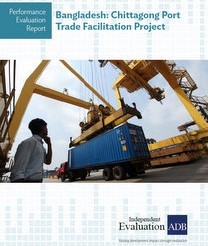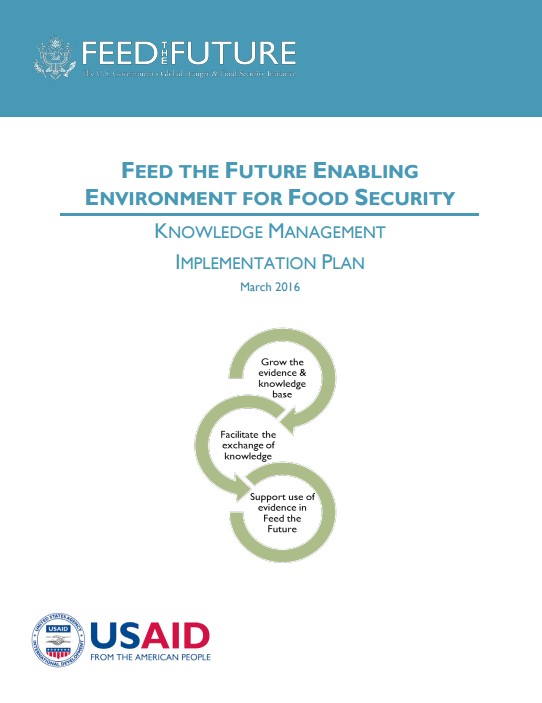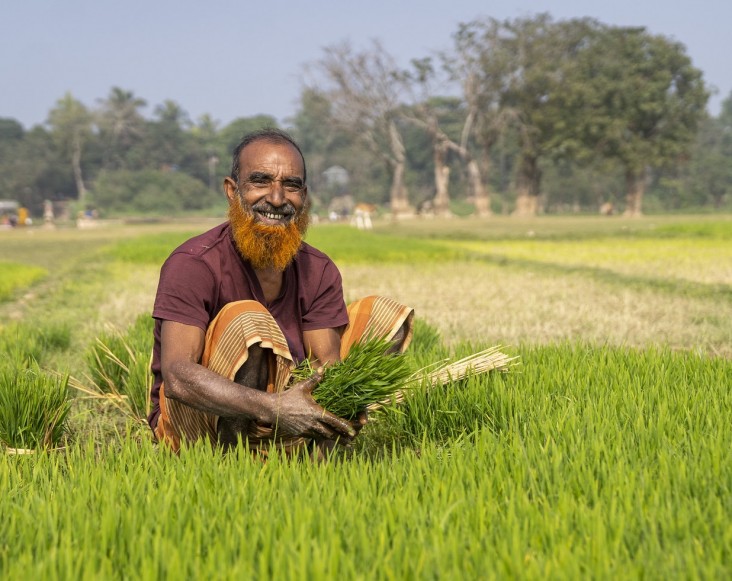USAID
USAID is the world’s premier international development agency and a catalytic actor driving development results. USAID’s work advances U.S. national security and economic prosperity, demonstrates American generosity, and promotes a path to recipient self-reliance and resilience.
USAID currently supports SPS related projects in Bangladesh. The SPS projects supported by them are:

Dr. Jacob Morrin, Agriculture Officer, USAID has participated in Virtual Training Program on ‘The WTO’s Sanitary and Phytosanitary Agreement: Bangladesh Perspective’ held on June 1-3, 2021
To ensure compliance of WTO specified SPS standards and to enhance exports of Bangladesh agricultural products at global market, three-days interactive training sessions were conducted under the project of ‘Improving Phytosanitary Trade Compliance in Bangladesh’. As part of ongoing training programs under the project the sessions were organized by APAARI, Thailand and USDA/FAS, USAID and Rutgers University, USA with the cooperation of Department of Agriculture Extension (DAE), Ministry of Agriculture (MOA), Bangladesh. The sessions were held on June 1-3, 2021, remotely via Zoom and are available on YouTube. (https://www.youtube.com/watch?v=nw71IjEbG80)

Land O’Lakes Venture37 (Venture37) is implementing the Bangladesh Trade Facilitation project (BTF), funded by the United States Department of Agriculture (USDA) which will help the Government of Bangladesh (GoB) implement World Trade Organization’s (WTO) Trade Facilitation Agreement (TFA) measures through five key activities: 1. Increasing harmonization of processes, formalities, and pre-clearance processing; 2. Increasing transparency of trade information and WTO notification compliance; 3. Strengthening risk management systems; 4. Improving laboratories and testing procedures; and 5. Enhancing cold storage infrastructure for perishable goods. As the Monitoring & Evaluation partner of the BTF project, NORC at the University of Chicago (NORC) designed the evaluations of BTF in order to assess the project’s impact on improving Bangladesh’s implementation of the WTO TFA, with the purpose of the baseline evaluation to provide current context and set the pre-intervention values for key indicators of interest. These investigations will be repeated midway through the project period (the “midline”) and again at project end (the “endline”). Comparing midline and endline indicator values to those at baseline will allow NORC to test whether the institutional behavioral changes and outcomes expected along the theory of change have in fact occurred as well as to validate whether key assumptions underlying the latter are sound

FtF-BITBEE operated through two integrated Objectives
Objective 1: Improved Trade Facilitation (TF) through the implementation of the World Trade Organization (WTO) Trade Facilitation Agreement (TFA), capacity building of government officials, and improved food safety procedures.
Objective 2: Improved Business Enabling Environment (BEE) through streamlining and simplifying processes related to the World Bank doing Business indicators and, digitizing government services to ease business operations and make services more transparent and accessible both to men and women.
In 2019, USAID programs in Bangladesh:Supported over 225,000 farmers, who applied technologies in new and improved agronomic practices, including irrigation, livestock management, and pest and disease management. Leveraged $2.2 million to improve business performance, benefiting high-value crops producers.Enabled 75,000 women to apply improved management practices or technologies for activities on and away from the farm.

